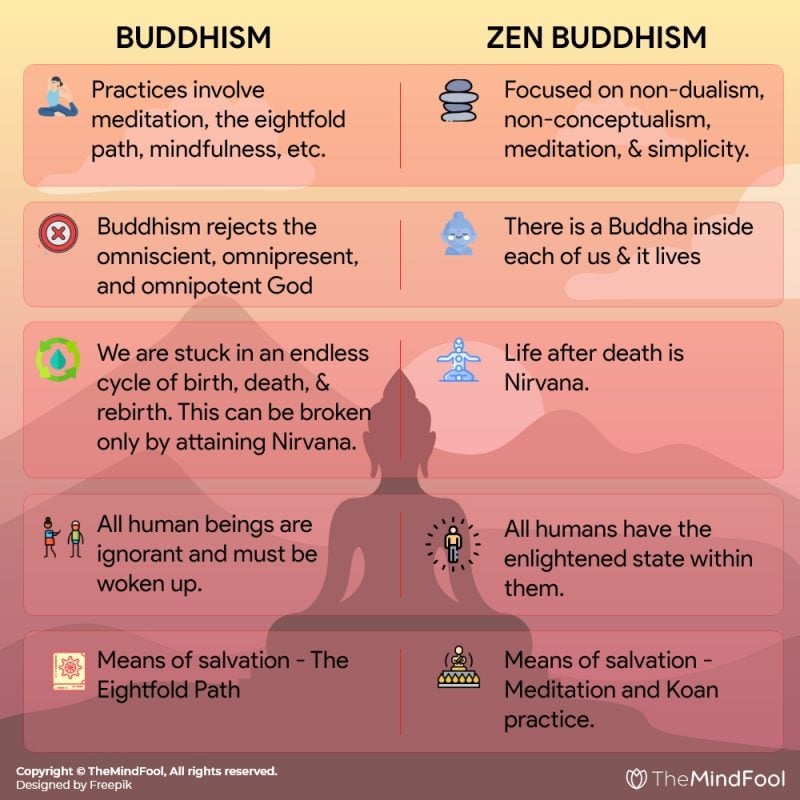

A week of intense meditation known as sesshin, takes place in Early December, ending on the eight to commemorate Buddha’s enlightenment. Zen monks typically meditate for several hours every day, and often practice all day and sometimes all night. As you simply become aware of the moment of breathing all ideas of time, space, body and mind will just be sitting. Your thinking will stop by itself as your mind calms and you begin to understand that the mind encompasses everything. Paying attention to posture and comfort will ensure that you can pay undivided attention to breathing and thought. Carefully finding the right space creates an atmosphere of clarity and calm.

Progress is made by approaching sessions with a balance of patience and effort. The practice of zazen meditation realises your true nature which goes beyond self-identity without self-imposed limitations.
DEFINE ZEN HOW TO
Zazen meditation has both external and internal instructions on how to engage your awareness in the immediate experience of the present moment. As the waves rise the essence of your mind remains pure – similar to clear water with a few waves – the practice of water. These gradually become calmer as they cease to trouble you. When things appear as if they’re coming from outside the mind it’s actually only the waves of the mind. The purpose of Zen isn’t to stop mind activity, but to let thoughts come in and go out. What is the purpose of Zen?Īccording to Shunryu Suzuki-roishi Zen sitting meditation can calm the mind, bringing clarity, and a greater sense of kindness. When you can notice yourself and go beyond the words to speculate what your own mind and being are – this is being in Zen. The purpose of all Zen teaching is to increase the awareness of wonder and to answer that wondering with a deep expression of one’s own nature. Our main purpose is to achieve the state of calm, teaching mindfulness techniques. In all our workshops at Spirit Vine Retreats we use several principles of Zen meditation. This pure state of mind, of pure mental clarity, is produced by the absence of the limited self. Distractions, fears and worries are absent, and the mind is present, aware, and free. This relates to the mind not occupied or fixed by thought or emotion, and open to everything. This expression is often referred to as the state of no-mindness. There are also Zen centres in other countries. Zen is a wisdom tradition and is practised in China, Japan, Vietnam and Korea. The term comes from the Japanese pronunciation of the Chinese word Chan – with roots to the Indian practice of thinking and meditating known as Dhyana. What is zen? Zen is defined as a state of calm where actions are guided by intuition rather than by conscious effort.


 0 kommentar(er)
0 kommentar(er)
